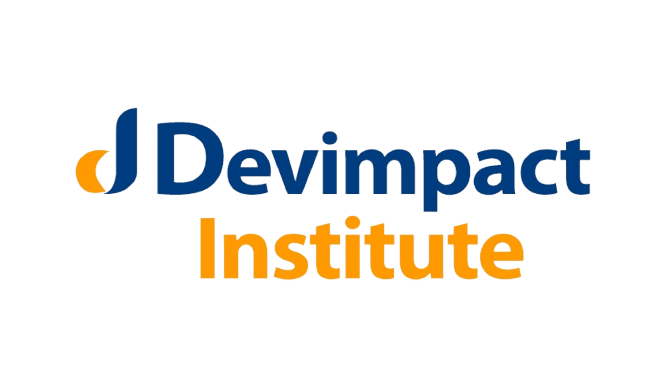
Training on Disaster Risk Reduction
Disaster risk is considered as the combination of the severity and frequency of a hazard, the numbers of people and assets exposed to the hazard, and their vulnerability to damage. Since we cannot reduce the severity of natural hazards, the main opportunity for reducing risk lies in reducing vulnerability and exposure.
On this Training on Disaster Risk Reduction course, the participants will learn on identification, understanding and measurement of disaster risks. The course will build the leaners’ knowledge and skills in addressing underlying risk drivers to reduce disaster risk, lessen the vulnerability of communities and, consequently, maintain the sustainability of development.
Target Participants
Training on Disaster Risk Reduction course is aimed at professional working in humanitarian organizations, governments, funding agencies, research and non-government organizations responsible for disaster risk reduction.
Course Duration
Online 7 Days
Classroom-based 5 Days
What you will learn
By the end of this course the participants will be able to:
- Demonstrate an understanding of disaster risk reduction concepts, causes and impacts of various hazards
- Conduct a risk analysis that effectively identifies hazards, capacities and vulnerabilities
- Identify the stages of the disaster management cycle and appropriate DRR activities at each stage
- Describe the importance of using a participatory approach throughout the disaster management cycle
- Develop robust disaster risk response strategies and plans
- Understand the different approaches of mainstreaming disaster risk reduction into programmes
Key Topics:
- Key concepts in Disaster Risk Reduction
- Overview of global and regional perspectives of hazards and disaster risk reduction
- Introduction to Sendai Framework for Disaster Risk Reduction
- Hazard, Vulnerability and Capacity Assessments in DRR
- Disaster Preparedness, Early Warning and Mitigation
- Community Based Disaster Risk Management
- Application of Participatory DRR tools and techniques
- Developing DRR Strategies and Plans
- Mainstreaming DRR into sectoral programmes

